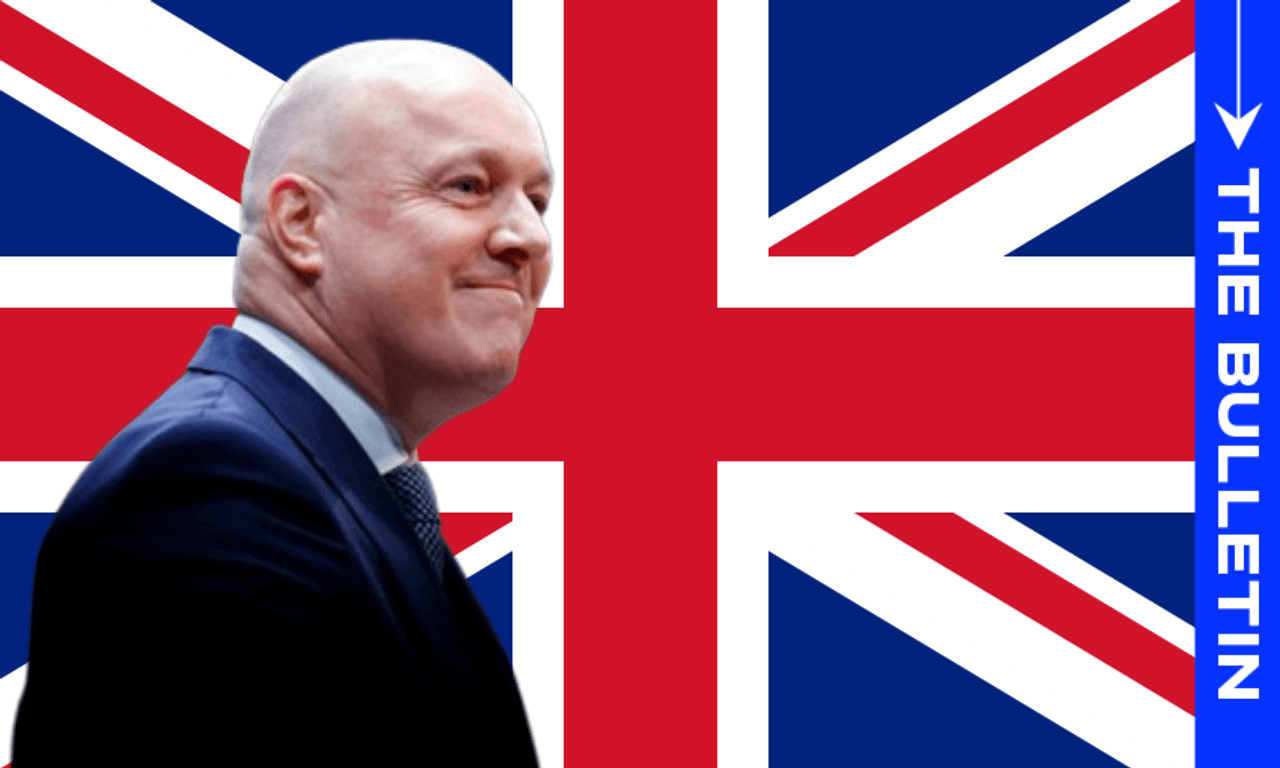With global tariffs threatening NZ’s economy, the PM is in the UK advocating for free trade while Nicola Willis prepares for a challenging budget at home, writes Catherine McGregor in today’s extract from The Bulletin.
To receive The Bulletin in full each weekday, sign up here.
A PM abroad
Prime minister Christopher Luxon departed for the United Kingdom and Türkiye on Saturday, in a trip that combines diplomacy, defence and commemoration. In the UK, he will meet with PM Keir Starmer to discuss trade and global security, as well as visit New Zealand troops training Ukrainian soldiers. This morning, he announced that NZ will extend its deployment for Ukrainian training and logistics support to December 2026. The other strand of his trip to the UK is economic, with Luxon positioning New Zealand as a “champion for free trade” amid rising protectionism. From London, Luxon will travel to Türkiye for the Anzac Day commemorations at Gallipoli, making him the first New Zealand prime minister to do so since John Key in 2015.
Trump tariffs put pressure on budget strategy
The PM’s mission to build support for rules-based trade coincides with growing concern at home about the domestic impact of Donald Trump’s erratic tariff regime. In a lengthy interview with The Post’s Luke Malpass (paywalled), finance minister Nicola Willis ruled out any fiscal response to the expected slowdown in global growth, saying “the future is now” when it comes to paying down Covid-era debt and NZ can’t fall back into the same pattern this time.
With the budget a month away today, Willis is preparing to hold the line on spending despite growing demands, she tells Malpass. Her strategy, she says, is to preserve New Zealand’s financial resilience for the years ahead – a message echoed by Treasury secretary Iain Rennie, who last month warned that governments must now plan for fiscal shocks on a near-10-yearly basis.
Treasury warns against repeating Covid playbook
Treasury’s recent long-term insights briefing was explicit: the economic response to the next global shock should not look like Covid. The preferred option, says Rennie, is to use monetary policy first – interest rate cuts – before reaching for the fiscal levers, the Herald’s Jenée Tibshraeny reports. The risk of inflation and further long-term debt is too high if spending isn’t “timely, temporary and targeted”, Rennie warned, adding that most government investment programmes are not “timely enough to counter shocks and cycles”.
Yet Labour leader Chris Hipkins has already floated investment spending as a way of stimulating the economy. That was a misstep, writes Malpass in an opinion column (paywalled). Hipkins’ suggestion only “highlights Labour’s broader problem”, he says. “Aside from some higher-profile policy areas such as a capital gains tax, about the only thing easily taken away from watching Labour in action is that it’s in favour of more spending, rather than less spending.”
Hipkins reflects on Covid, five years on
Meanwhile, Hipkins is also revisiting the Covid response – this time on the Dom Harvey Podcast, where he spoke candidly about his time as Covid response minister. In the interview, which came out on April 9 but was reported by RNZ on Saturday, Hipkins said he stands by the initial elimination strategy, calling the first 18 months a success, but acknowledged “we weren’t keeping up” once the virus took hold in the community.
Hipkins conceded mistakes, particularly around the length of Auckland’s final lockdown and the staggered border reopening. “The airlines were saying to us things like ‘we need six weeks, because we haven’t got any planes, and if you just reopen the border we’re not going to be able to cope with the influx of demand’,” Hipkins said. “At that point, we should’ve said ‘well, that’s not actually the government’s problem’, but we didn’t.”
